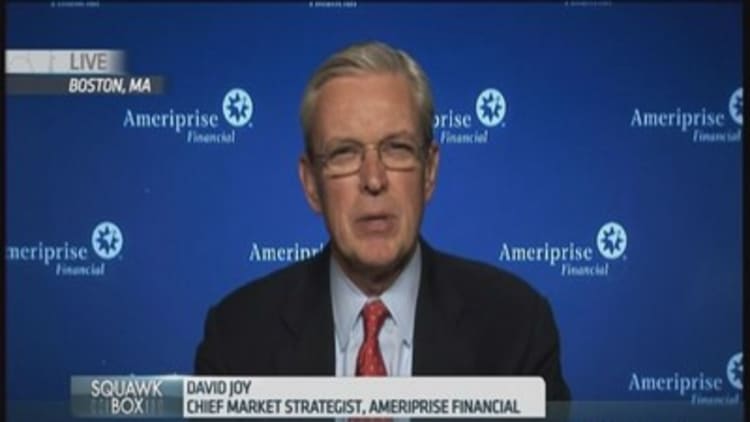Oil prices tumbled on Tuesday ahead of a meeting of oil cartel OPEC where a cut in production will likely be discussed.
U.S. crude lost $1.69 to settle at $74.09, its lowest close since September 2010. Brent crude was last trading at $78 a barrel, down $1.40, after rising to as much as $80.44 earlier.
Ministers from the Organization of the Petroleum Exporting Countries were gathering in Vienna for a meeting on Thursday to agree how to respond to a collapse in oil prices, which have fallen by almost a third since June.
Read More$60 oil after OPEC meeting is not possible: BRG's Grossman
Several OPEC members want the group to cut production dramatically to ease a global supply glut, but Saudi Arabia, the biggest exporter, appears reluctant to endorse a big cut.

"Everybody is looking to the showdown in Vienna," said Eugen Weinberg, head of analysis at Commerzbank in Frankfurt. "You've got all kinds of expectations impacting on the market - from nothing at all towards our expectation of a production cut by almost 1 million barrels per day (bpd)."
Libya, Venezuela, Iran and Ecuador have all called for OPEC to cut production, while Kuwait has said an output reduction is unlikely.
Key will be what OPEC's biggest producer, Saudi Arabia, decides, with some analysts expecting no price supporting action from the kingdom.
"The rapid growth now being achieved in non-OPEC production means it faces the risk that even a large cut to supply may not be enough to support prices and could simply result in lost market share and revenue," Barclays Bank analysts said.
"Saudi Arabia's response so far to falling oil prices is an acknowledgment that it is less able to influence oil prices than at any time over the past decade," they added in a note.
Read MoreSaudis unlikely to cut oil production: Schork
Economic data were mixed for oil.
Europe's biggest economy, Germany, posted modest growth in the third quarter to avoid recession, data showed on Tuesday.
But a gradual slowdown in China, the world's biggest energy consumer, weighed on oil.
Credit ratings agency Moody's said on Tuesday a steep economic slowdown in China could hurt sovereign borrowers with a heavy reliance on oil exports to China, such as Oman, Saudi Arabia and Kuwait.

